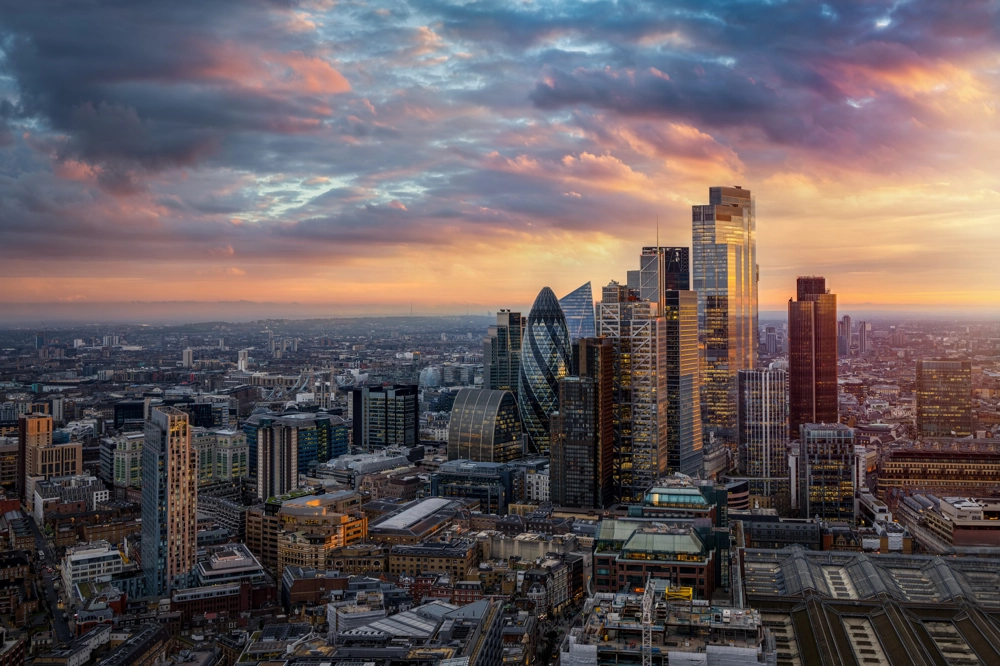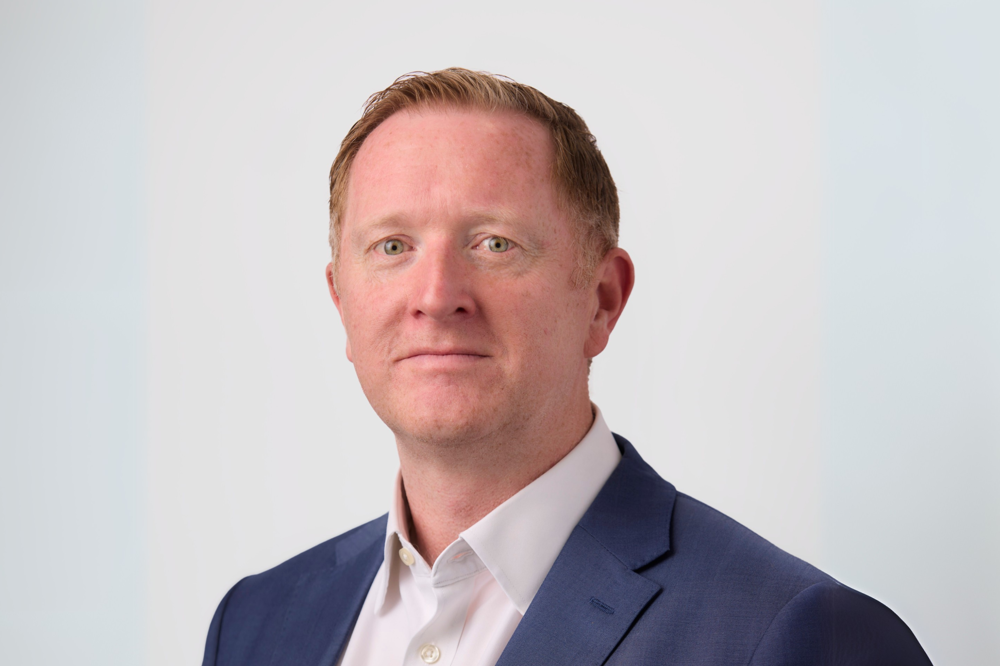We believe that companies like Legal & General can make money, generating returns for our shareholders and tackling inequality, by making investments we know will make a difference.
We can be purposeful in the way we make and invest money so we can both grow our profits and invest in projects that will do good. For example, we invest the money that is held with us in pension savings. That might be into housing projects to tackle the UK’s housing shortage, in towns and cities that might need to regenerate their local economies, or in businesses or projects that help to tackle climate change. Because we invest over the long-term, we strive to create reliable returns for both pension-holders, and our shareholders.
Of course, our businesses do more than just this, but it’s just one example of how we are tackling issues that affect thousands of people across the world, while making sure our business continues to grow.
Big numbers
Committed to building new social housing
£1bn
Invested into clean energy infrastructure and technology
£400m
Invested in regional economies around the UK to revive communities and deliver sustainable affordable housing, transport and digital infrastructure
£32bn
We aim to be net zero by
2050
Operating profit from divisions in 2023
£2,078m
Operational surplus generation in 2023
£1,821m
These numbers have come from our Social impact report, Climate and nature report and Annual Results.
Tackling the climate crisis
We're investing in renewable energy technologies, from wind and solar farms to fusion power, to help limit global warming and protect our world for future generations.
Rethinking retirement
We're helping people live better in their later years by investing in innovative later living communities and funding research that will improve the way we all live as we age.
Investing for good
We're using muscle as one of the world's biggest asset managers to ensure that the companies we invest in behave in a responsible way that benefits everyone.
Building infrastructure
We're developing essential infrastructure and injecting capital into towns and cities that have suffered long-term under-investment to ensure that they can thrive in the years ahead.
Harnessing technology
From building data centres that keep businesses connected to supporting customers with our fast and efficient systems, we're investing in technology to build a better future for everyone.
Future-proofing society
We invest billions of pounds into things that benefit everyone and help to build a better society, like infrastructure, affordable homes and support for small businesses; making money work harder than ever before.














